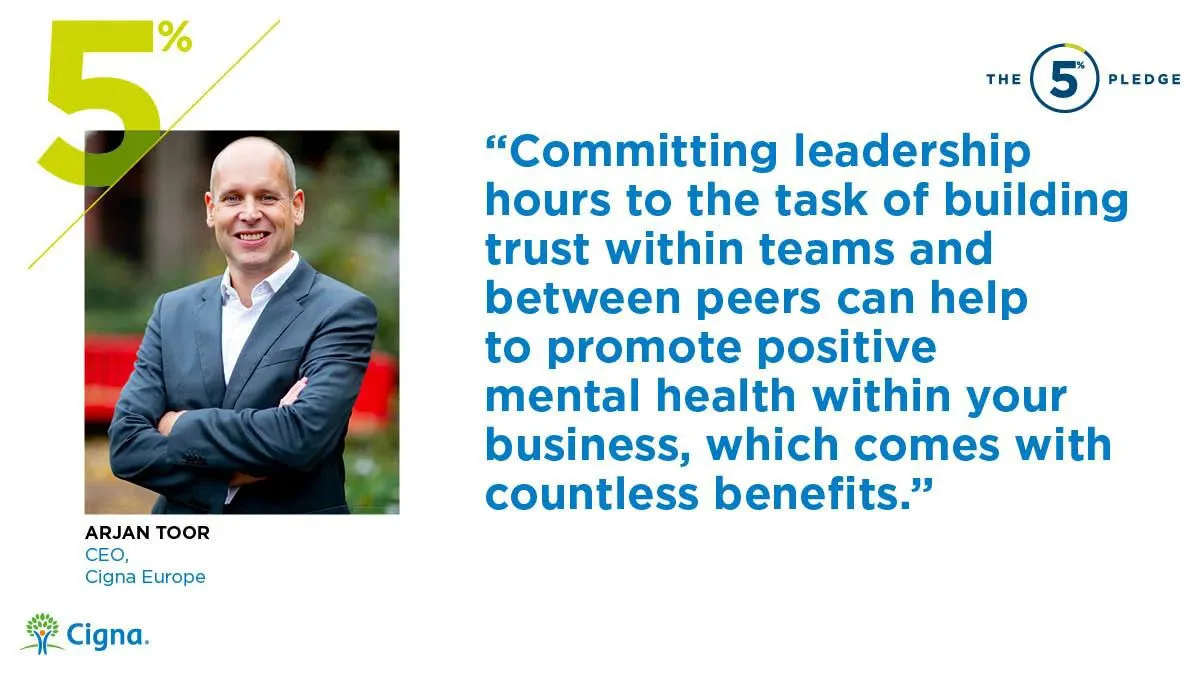What is a hybrid workplace?
After remote working replaced the office, and kitchen and dining room tables became our desks, we’re now firmly into the hybrid workplace era with 76% of employees reporting a shift to this model within their companies. The opportunity to spend at least part of your working week at home – some opt for a set amount of days in-office per week, others have been given complete free choice – has given employees greater flexibility than ever before.
The benefits of a hybrid workplace
Hybrid working models are beneficial for both employees, and the organisations that employ them. These benefits include:
+ Improved productivity
+ Better employee work-life balance
+ More choice around how you work
+ Less burnout and fatigue
+ Reduced presenteeism
Why is a culture of trust important?
For the hybrid model to work successfully for both parties – increasing work-life balance and mental well-being for the employee, and delivering better productivity and retention for the employeer – trust is of paramount importance, just as it is for the success of any aspect of business. Graeme Codrington, a Future of Work expert explains: “Teams that create a sense of connectedness, that are filled with individuals who are competent and confident in their contributions, and who are trusted to deliver the outputs required of them while also demonstrating a commitment to helping others do the same, will attract, retain and get the best from people, and will be able to contribute to those people living fulfilled and purposeful lives.”
A culture of trust naturally starts with people. By hiring the right individuals, providing the correct training, and making sure there is constructive communication between peers, managers, and leaders, you will be on your way to a workplace that employees can thrive in.
With strong relationships built on trust at the heart of your working teams, your organisation can achieve greater productivity, and appear attractive to prospective employees.
One of the main issues facing businesses looking to switch to a hybrid workplace is too much focus on adapting processes, instead of the overall culture of the organisation. Without a strong, trust-based culture, it can be difficult to navigate the changes required to transition to a functioning hybrid model.

How to build a culture of trust
A culture built on trust is an achievable ideal for your organisation, but it will require work from your team leaders, to ensure the wants and needs of each employee are looked after, and enough time is committed to building strong peer to peer relationships. Codrington advises: “A key part of belonging is your feeling of connectedness. When we are face-to-face this often happens through informal interactions, personal conversations and chats. In a hybrid environment, we have to be more intentional to ensure these connections are created.”
Cigna’s European CEO, Arjan Toor adds:

The Pillars of Trust
There are four pillars of trust that any manager or CEO can use to improve the trust levels within their company:
- Sincerity – Align motivations with actions
- Reliability – Be supportive
- Competence – Effectively help team members in achieving their goals
- Care – Go the extra mile, show you care
Employees and leaders alike should be encouraged to think about these pillars of trust when interacting with one another in the workplace. By doing so, your organisation will demonstrate that trust exists as part of its positive workplace culture.
Establish expectations
No matter your position within an organisation, it is important to know what to expect, and what is expected from you. By establishing the expectations of employees, you are more likely to have a workforce that feels comfortable in speaking up and voicing its concerns. Learn more on how to set boundaries in the hybrid workplace.
Open communication
Conflict within any company is unavoidable, but when managed correctly, points of contention can be dealt with constructively, and contribute to the progression of workplace relationships.
To establish trust within your hybrid workplace, open communication should be encouraged throughout. Regardless of whether conversations happen in person or online, the individuals within your organisation should be encouraged to maintain a collaborative mindset that promotes creativity and innovation.
